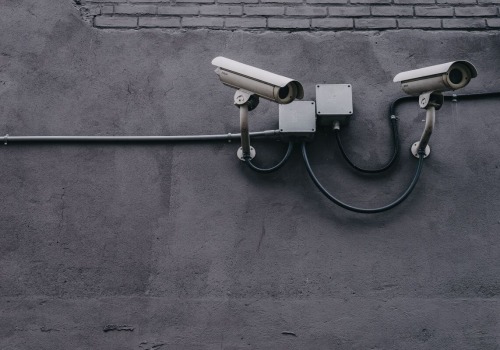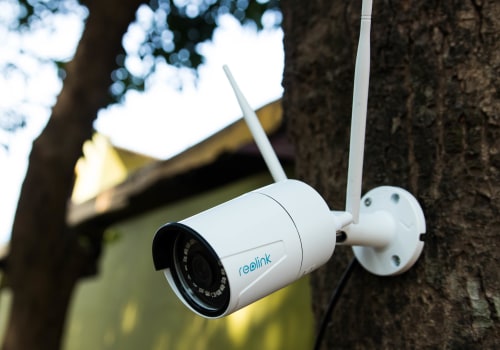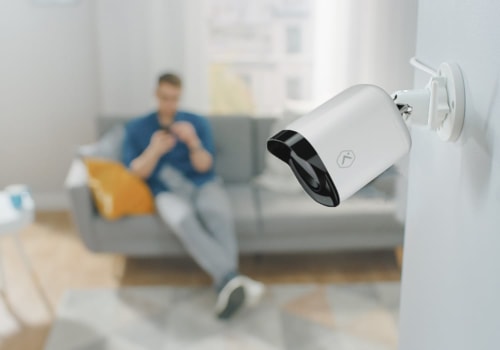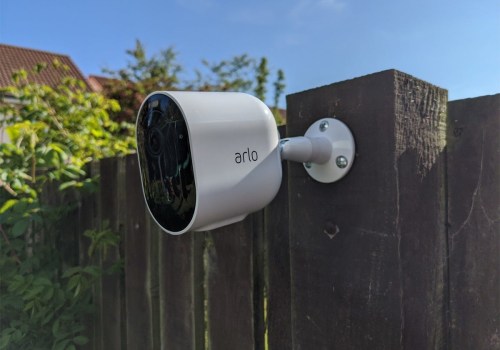It is not legal to record sound during surveillance. Most home security cameras have the ability to record sound with built-in microphones that can pick up sounds within the monitoring area. It is also possible to connect an external microphone with certain models. In general, recording surveillance footage with audio is illegal. Federal wiretapping laws normally prohibit recording the sound of surveillance, unless both parties know that it is being recorded.
Your CCTV system is fully capable of recording sound. Most cameras are equipped with microphones or have an input for an external microphone. In the case of commercial cameras, it's usually the latter. Many CCTV microphones can record quality audio at a distance of up to six meters. As long as they are placed in your own home for security purposes, you can legally install security cameras and record audio.
Security camera privacy laws in bipartisan consent1 states (consent of all parties) prohibit recording audio without the express permission of everyone who is recording. If you're thinking about installing a security camera system, be sure to weigh the pros and cons of audio recording. Knowing that your home security cameras record both sound and video gives you peace of mind more than anything. My advice would be to review local, state and federal laws before installing a security camera that can record sound in public. One-way audio is the ability of a security camera to capture audio from the area it is monitoring, but not to capture the audio of the person watching the live broadcast.
If you are interested in protecting your property with CCTV, consult the experts at Four Walls Security.Unidirectional security cameras with audio recording can capture important voice data on tape to increase your surveillance capabilities. Many home security cameras have two-way audio, which can be a useful deterrent to catching someone in the act trying to break into your property. CCTV cameras with audio are usually reserved for residential applications and not for businesses, so to save on production costs, commercial cameras usually don't include built-in microphones. There is usually no need to place a sign above video surveillance if you have a security camera in your home. If you have access to look at the camera up close, be aware of a very small hole located in the camera's lens housing.
For example, some Nest security cameras allow you to disable audio recording through the menu option in the Nest app. In conclusion, it is important to remember that recording sound during surveillance is illegal in most cases. However, if you are using a security camera for personal use in your own home, then it is possible to legally record sound as long as all parties involved are aware that they are being recorded. Be sure to check local laws before installing any type of security camera system.




Leave a Comment